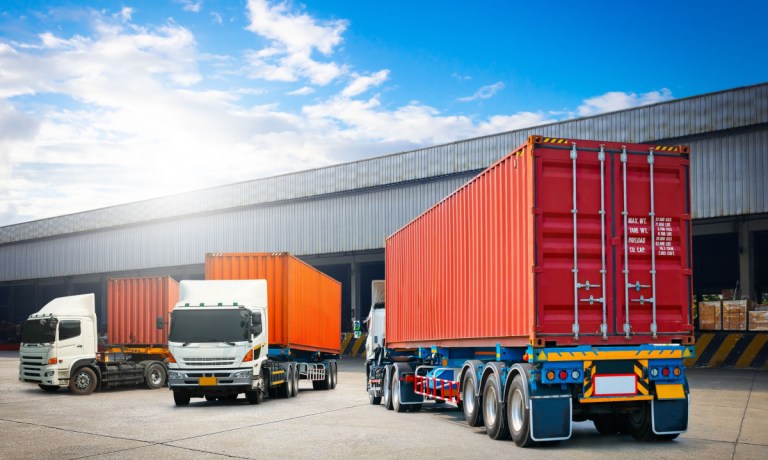RXO Launches AI-Powered Check-In System for Trucks Arriving at Warehouses

RXO, a provider of asset-light transportation solutions, has launched an artificial intelligence (AI)-powered check-in system for trucks arriving at warehouses and distribution centers.
This visual AI technology aims to simplify the check-in and security process by utilizing video to identify trucks and extract image and video data, the company said in a Tuesday (Jan. 16) press release.
The technology was initially introduced at RXO’s cross-border facility in Laredo, Texas, according to the release. There, the visual AI technology has shown positive results, including reduced wait times at the gate, accelerating the process for carriers and assisting shippers in saving time and money.
Previously, the recording of trailer numbers and matching appointments upon truck arrival was done manually and was prone to errors and typing mistakes, often leading to truck backups at the gate, the release said.
However, the new check-in system seamlessly integrates with RXO’s Yard Management System, automating appointment matching, per the release.
The visual AI technology employs machine learning (ML) computer vision and text recognition to process data from a video feed at the gatehouse, extracting the information almost instantly, according to the release. The system then notifies facility staff about the truck’s arrival and provides all relevant details. This automation has significantly reduced carrier wait times and improved data accuracy.
RXO plans to implement the AI-powered check-in system at their other high-volume facilities, the release said. Additionally, the company intends to offer the system as a standalone service to other companies operating locations with heavy traffic.
By incorporating ML and AI, RXO continues to provide state-of-the-art solutions to enhance operational efficiency for their shippers and carriers, per the release.
The latest advances in AI have created high expectations in the trucking and transport sector, which has been slow to adopt new technologies, Jamie Tabachnik, co-founder and CEO at trucking FinTech Solvento, told PYMNTS in an interview posted in December.
“AI at its core is an optimization model, trying to optimize a set of variables … and within transport, where companies are moving goods from point A to point B, it provides a context where AI will be very effective,” Tabachnik said.
For all PYMNTS B2B coverage, subscribe to the daily B2B Newsletter.